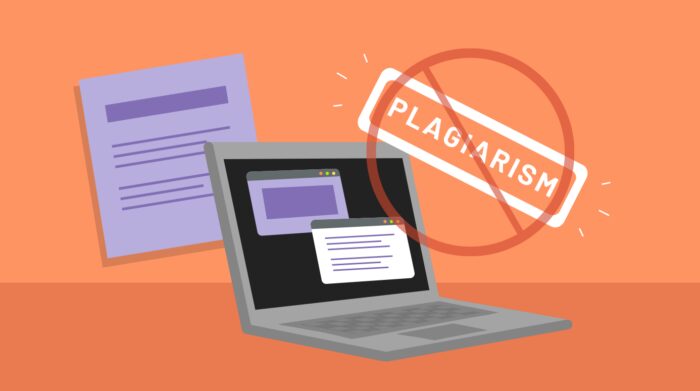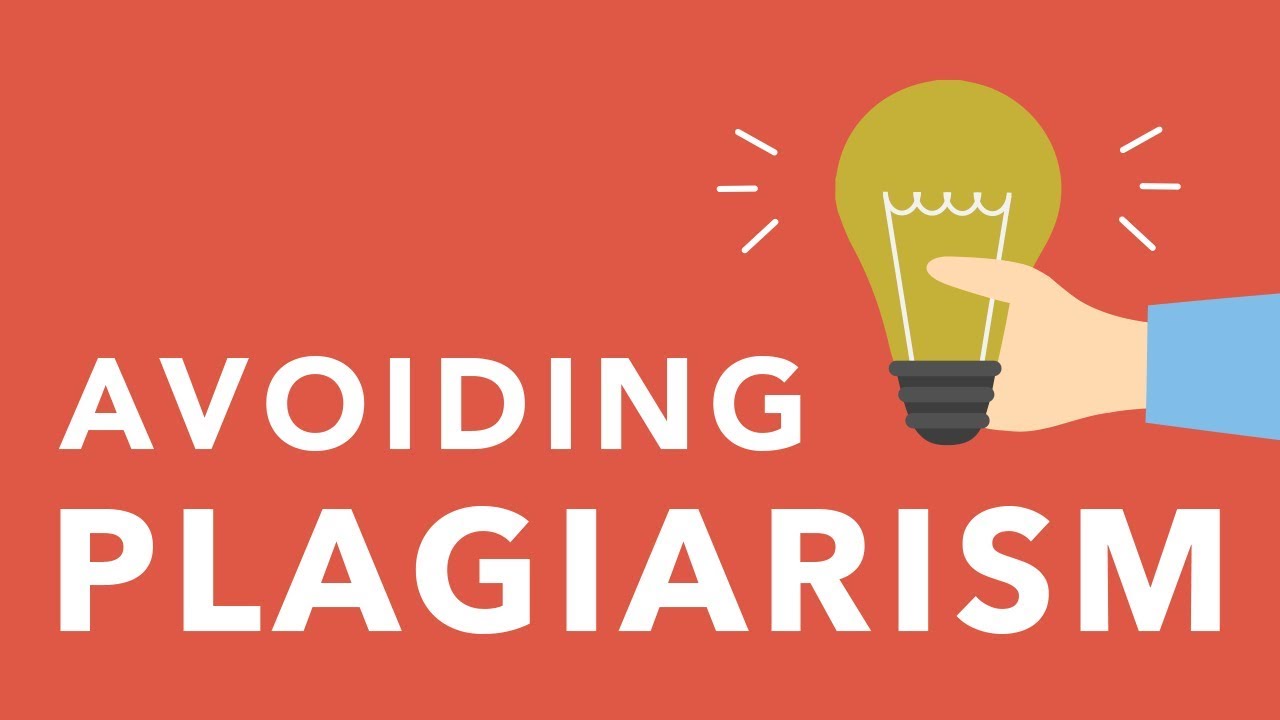Everyone knows that plagiarism checking has become an important part of the lives of content writers, content creators, and even students. Regardless of your expertise or skills in either of these fields, you must know that there is always a risk of your work being accused of plagiarism.
Instead of stressing about getting rid of the accusations of plagiarism you have to spend some time avoiding the problem of plagiarism in the first place.

In this article we are going to suggest some tips which would help you in avoiding plagiarism in your work, may it be a research paper or blog post!
However, in order to address this topic, we must first define the term plagiarism. Although difficult to define, plagiarism can be said to be an impermissible “alienation” of another’s text. Thus, plagiarism is the act of appropriating the written works of another person for personal gain. Plagiarism is not only the theft of the entire text, this term also implies presenting an existing idea as personal, making videos using parts of other people’s footage, changing words in a sentence, but in a way that the meaning remains the same, not citing the source and misquoting the source.
How to avoid plagiarism while writing research papers or blog posts!
Here are some of the expert suggestions that you should follow if you want to avoid plagiarism in the first place.
1. Write from Scratch

The most important thing in avoiding plagiarism is that you have to write the content from scratch without depending on any helping material or templates. This also means that the paper or blog would be written from the beginning to the end in a flow. Writing is not an easy job and it consists of many stages starting from ideation to finally proofreading. Writing from scratch can help you avoid all sorts of plagiarism including unintentional as well as self-duplications!
2. Use quotation marks
When you are writing a blog or working on a research paper it is very important that you use quotation marks whenever you are using ideas, facts or thoughts of another writer or publisher. Most people tend to paraphrase papers published by other writers and here you should know that excessive paraphrasing of content is also considered to be a type of direct plagiarism. So whenever you are paraphrasing direct quotes, facts, figures, and even ideas of a person then we would suggest you use quotation marks. Adding quotes would show your honest intentions.
3. Summarize instead of rewriting/spinning

Today writers also tend to use article spinners or rewriter tools for paraphrasing duplicate content which is not a healthy practice. If you really want to utilize the work of another person then it is important that you go through it multiple times and understand the main idea behind it. After deep analysis and understanding, you can easily summarize and write the content in your own words. This is a lot better than using the online paraphrasing tools!
4. Provide citations
Citing the original source of the paper or blog is very important for a writer who wants to avoid the accusation of plagiarism. Adding citations and references to the original text is a proven way of crediting the original author in your content. Citation can be complex for you especially if you haven’t done it before. But if you take help from online plagiarism checker tools then you can easily help yourself in citing the sources like a pro!
5. Know the different types of plagiarism

The best way to avoid plagiarism is to be aware of its types. People usually think that they have nothing to check or be afraid of if they have written content on their own but this is a false ego boost. One should know that today there are more than ten different types of plagiarism which would all lead you to the same consequences. It doesn’t matter if your content is having intentional or accidental plagiarism it so you have to make sure that you are checking your papers or blogs for all types of plagiarism!
6. Use an online plagiarism checker tool
Using an online plagiarism checker tool is very important where you can simply avoid the risk of getting accused of any type of plagiarism. The Searchenginereports Plagiarism Checker is best for checking not only blogs but also research papers because it doesn’t have any limitations. You can scan as many queries as you want with this free plagiarism checker. The online plagiarism detector tools like this one would not only stop scanning and finding plagiarism but would also assist you in removing or rephrasing duplicate content into unique outputs. If you want to be 100% sure that your content is free of plagiarism then we would suggest you use this online plagiarism checker!
7. Do not buy content from online sources

There are millions of websites that are selling out content for blogs as well as research papers but if you want to enjoy good credibility then we would suggest you to not fall into the trap of buying fake content from these websites. If you really want to invest money in getting your work done then we would suggest you hire a professional writer that can help you create fresh and unique blog posts as well as research papers.
Other than these suggestions we would also like you to know that taking advice from the experts, may they be teachers or senior writers, can also be helpful for you in avoiding plagiarism and improving different aspects of your writing!
8. Use synonyms
Sometimes the program will recognize plagiarism even when it is not. The reason for this is the excessive use of technical words, and very often the usual ones. To gain on authenticity, try to insert as many synonyms as possible into the text.
9. Use multiple sources

It may seem like a daunting task, which it often is, but in writing any article, blog, or any other type of text, research is necessary for a number of reasons. One of them is certainly plagiarism, but also the credibility of certain information. Do a little research, read the text from several sources, choose the parts that you find interesting, and combine them, but not by just copying them, but by summarizing them as a whole and writing them in your own words.







